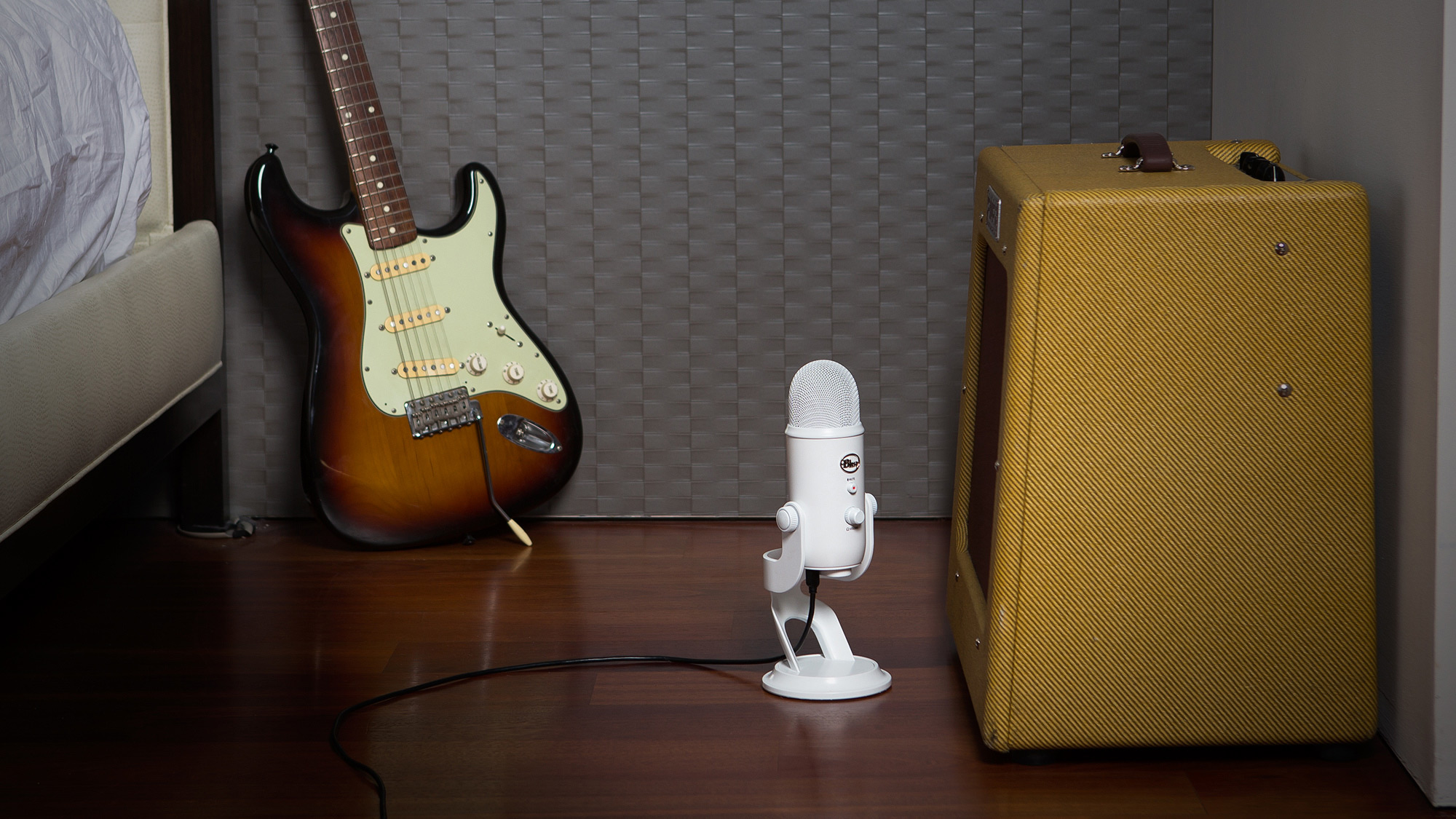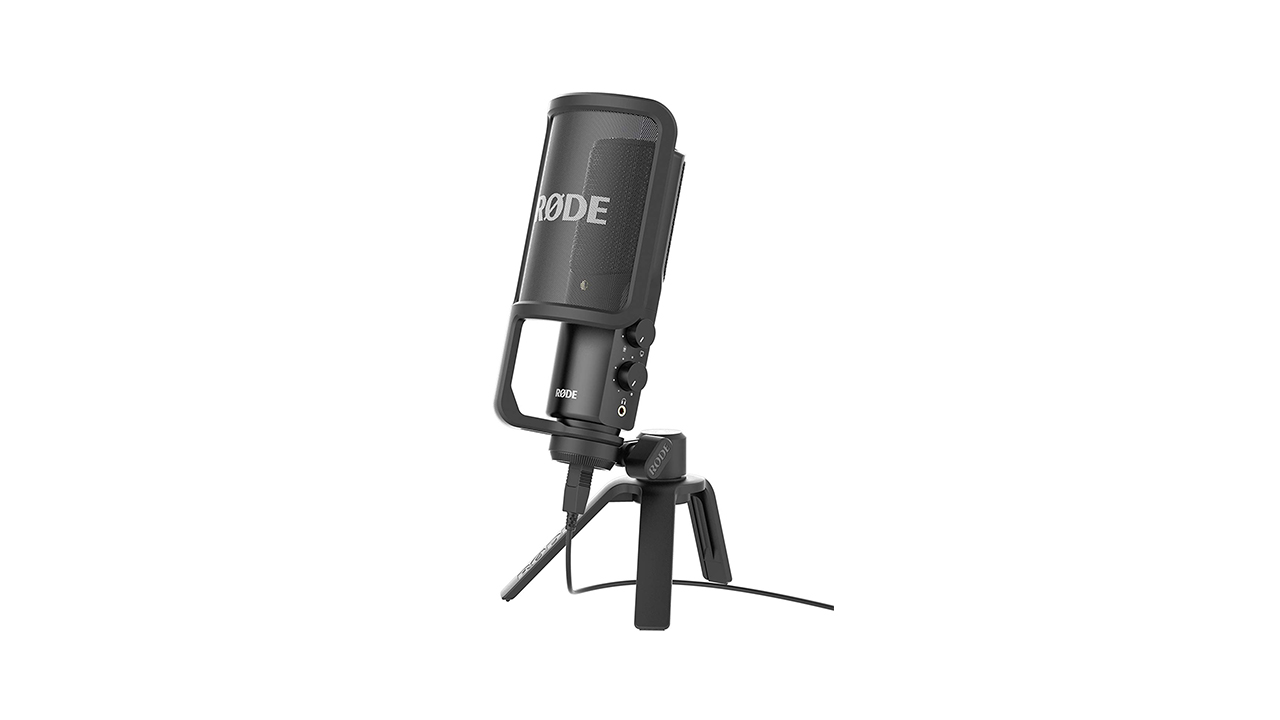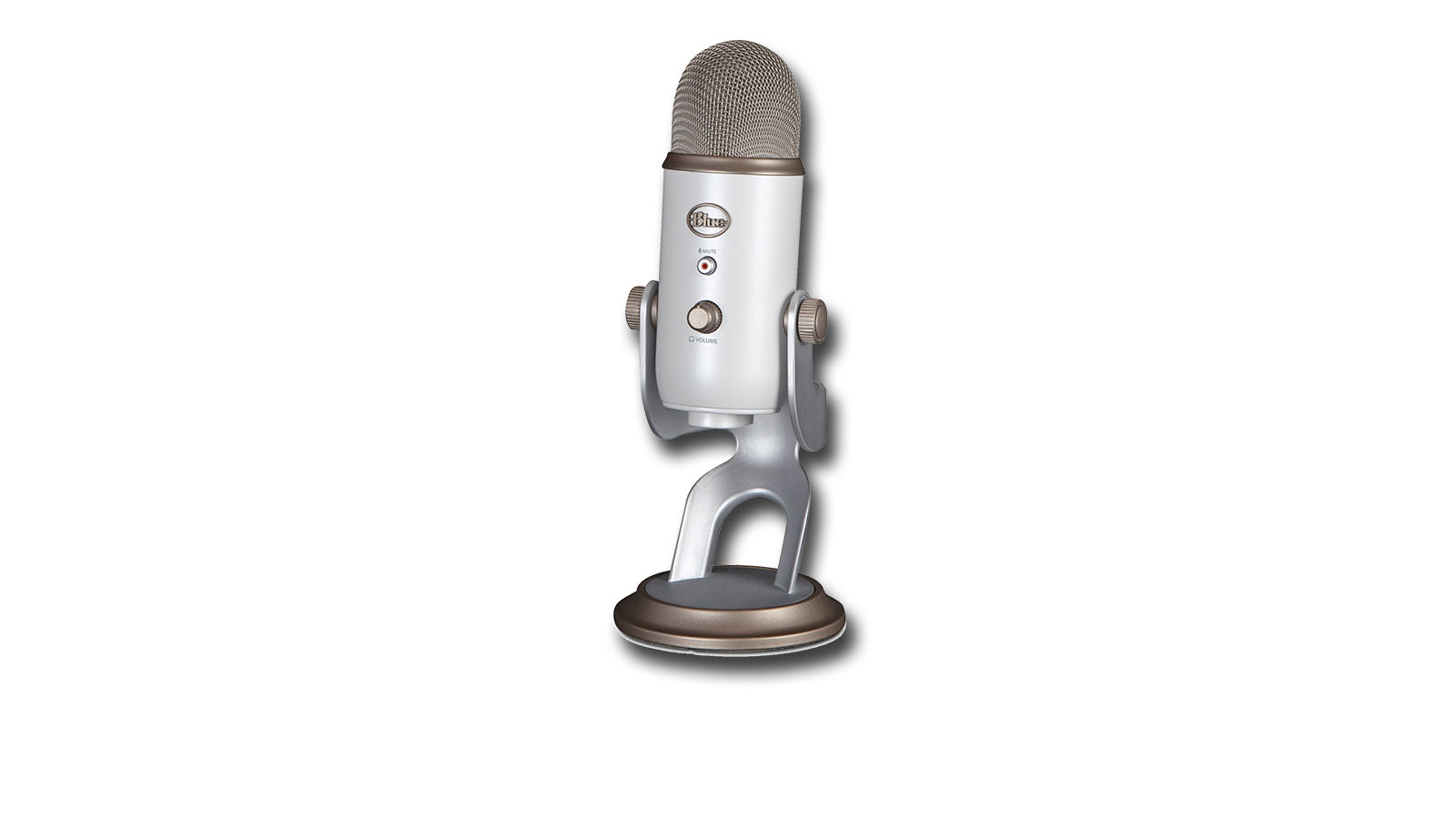MusicRadar Verdict
For podcasting, streaming and video conferencing, the Blue Yeti is still as simple and easy to use as ever. Highly recommended.
Pros
- +
Record direct to your PC without an audio interface
- +
Inexpensive
- +
Genuinely versatile
Cons
- -
No XLR output on standard version
- -
Mute button feels a bit plasticky
- -
Accessories are expensive
MusicRadar's got your back
What is it?
As the #1 selling microphone on a certain large online retailer’s website, you are probably aware of the Blue Microphones Yeti. Since its launch in 2009, the Yeti has become synonymous with the rise in podcasting, streaming and vlogging, with users loving its plug-and-play simplicity. Basically, it’s the perfect microphone for people who don’t want to spend too much time thinking about microphones - and one of the best budget USB microphones on the market.
As a USB-only mic, there’s no need for the user to have a separate audio interface, meaning they can simply connect it to their laptop or PC and start recording immediately. Sound quality from the Yeti is decent – certainly enough for online content creators – and its versatility is legendary thanks to its unique tri-capsule arrangement. This means the Yeti can record almost anything you can think of, and from any direction.
There are some neat touches too. The Yeti has an in-built gain control – not always a given at this price point – while the mute button and headphone output make it ideal for solo use. Physically, it’s a beast of a thing; when used with its desktop stand it has a level of rigidity and heft that gives you confidence it won’t get knocked over easily.
So, on paper at least, it’s easy to see why Blue Microphones’ Yeti is as popular as it is. But does this podcasting microphone still warrant its place at the top table? Let’s look in some more detail.
- Today's best Blue Microphones Yeti deals
- Or plug and play with the best USB microphones
- Take control with the best podcast mixers
Performance and verdict


It’s important to point out that the Blue Microphones Yeti is not, and nor does it profess to be, a high-end studio microphone. You probably won’t find many Yetis troubling the engineers at Abbey Road, for example, even if that makes for a fascinating mental image. Instead, the Yeti is billed as a simple, general-purpose microphone with ease-of-use as its main benefit. It would be unreasonable to criticise the Yeti for things it has never claimed it can do.
That’s not to say it should be discounted for home studio use though. On the contrary, as a tool for recording podcasts, streaming or vlogging, it makes a lot of sense. Thanks to its tri-capsule arrangement, with four different pickup patterns, there is very little the Yeti cannot capture. In some ways, it’s the ultimate point-and-shoot mic. As a condenser mic, the Yeti can record the nuances of speech exceptionally well, leaving little to no requirement for post-production.
Where some might struggle is with one of the Yeti’s main selling points; its connectivity. There is, higher up the range, a variant with an XLR connection point (the Blue Microphones Yeti Pro) but on the standard version it’s USB only, we’re afraid. So, if you have a fancy multitrack audio interface and are looking to record multiple sources at once, then the Yeti might not be the mic for you. This is a real issue for Windows users, as having both the Yeti and a USB audio interface connected causes conflicts because the operating system can’t cope with having two input devices active at any one time. It’s easier on Mac devices, where the CoreAudio manages this process natively.
Want all the hottest music and gear news, reviews, deals, features and more, direct to your inbox? Sign up here.

Rode NT-USB
Shure Motiv MV5
Audio-Technica AT2020USB
It’s also worth pointing out the sheer heft of the thing. Because the Yeti essentially manages three processes in one – microphone, preamp and conversion – it is a relatively large, heavy device, particularly with its stocky base attached. Situated on a desktop that is not a problem, where its rigidity means it’s not liable to move around too much. We’d be wary about using one on standard microphone stands though, certainly near expensive gear.
There’s also a potential issue whereby the Yeti could be too sensitive at times, picking up low frequency rumbles or the sound of a door closing at the other side of the house, although this is easily combatted by employing a shock mount.
All told, the Blue Microphones Yeti is still, to this day, a tremendous package. For speech or video conferencing, particularly for those on a budget, the Yeti is as close to perfect as it comes. There’s a reason why it continues to top the best-selling charts year after year. For more advanced users, or those looking to record multiple sources at once, there are perhaps better options out there - for our money, we’d always favour a dedicated audio interface and an XLR mic – but for the vast majority of users the Blue Yeti is still the home studio mic to beat.
Hand-on demos
Andy Slye
Specc
Specification
Power required/consumption: 5V 150mA
Sample rate: 48kHz
Bit rate: 16-bit
Capsules: 3 proprietary 14mm condenser capsules
Polar patterns: Cardioid, Bidirectional, Omnidirectional, Stereo
Frequency response: 20Hz – 20kHz
Max SPL: 120dB
Range options: Yeto Nano ($/£99.99), Yeti ($129.99/£119.99), Yeti X ($169.99/£159.99), Yeti Pro ($249.99)
Chris Corfield is a journalist with over 12 years of experience writing for some of the music world's biggest brands including Orange Amplification, MusicRadar, Guitar World, Total Guitar and Dawsons Music. Chris loves getting nerdy about everything from guitar and bass gear, to synths, microphones, DJ gear and music production hardware.


